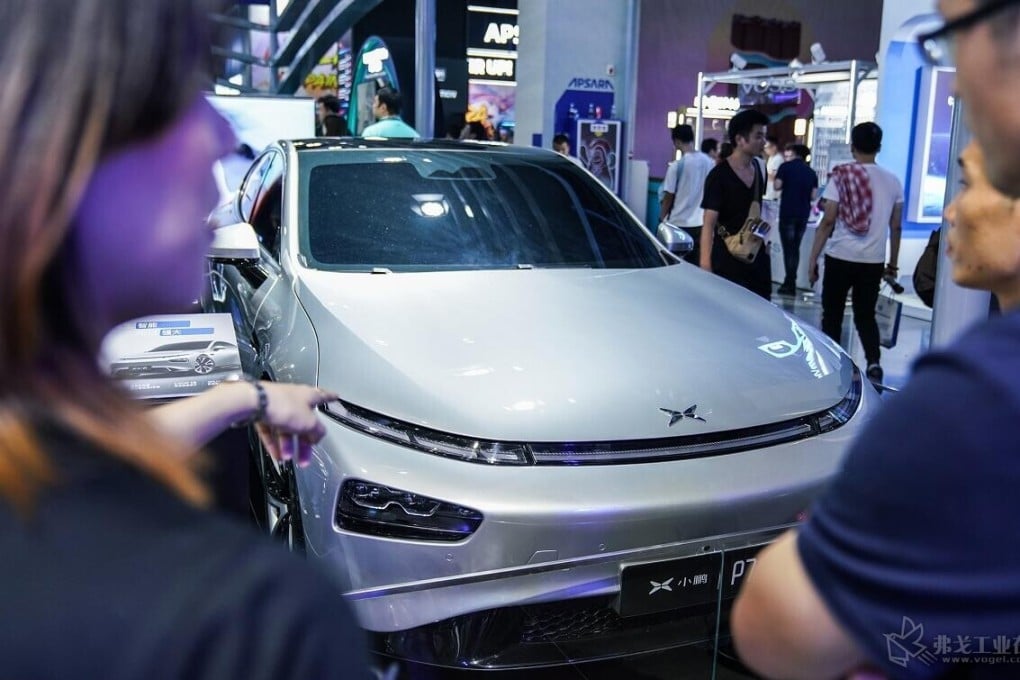Chinese Tesla rival Xpeng will add lidar to their self-driving vehicles in 2021
- Xpeng will equip its electric vehicles with light detection and ranging systems next year to improve its autonomous driving technology
- Elon Musk says lidar is too expensive and not necessary, as Tesla’s self-driving technology relies on cameras and radar

Chinese electric car maker Xpeng is set to become the first passenger vehicle maker to add lidar sensors to mass-produced cars next year. The company announced on Friday the addition of the technology that could help improve the company’s autonomous driving efforts.
Lidar, short for light detection and ranging, is similar to radar but uses light instead of radio waves, offering higher precision in certain environments. The shorter waves also make it more ideal for imaging, offering better detail. However, the high cost led Tesla CEO Elon Musk to call the addition of lidar “a fool’s errand”.
The new vehicles will also come with several other hardware and software upgrades. These include millimetre-wave radar, ultrasonic sensors, a high-performance computing platform, and behaviour and motion prediction. Xpeng said the upgrades will offer a “nearly tenfold increase in computing power” and “centimetre-level accuracy”.
In addition to adding lidar to future vehicles, the P7 could get a software upgrade for its self-driving autopilot function, starting in the first quarter next year, an Xpeng representative said. The company will announce later whether lidar will be added to P7s manufactured in the future.